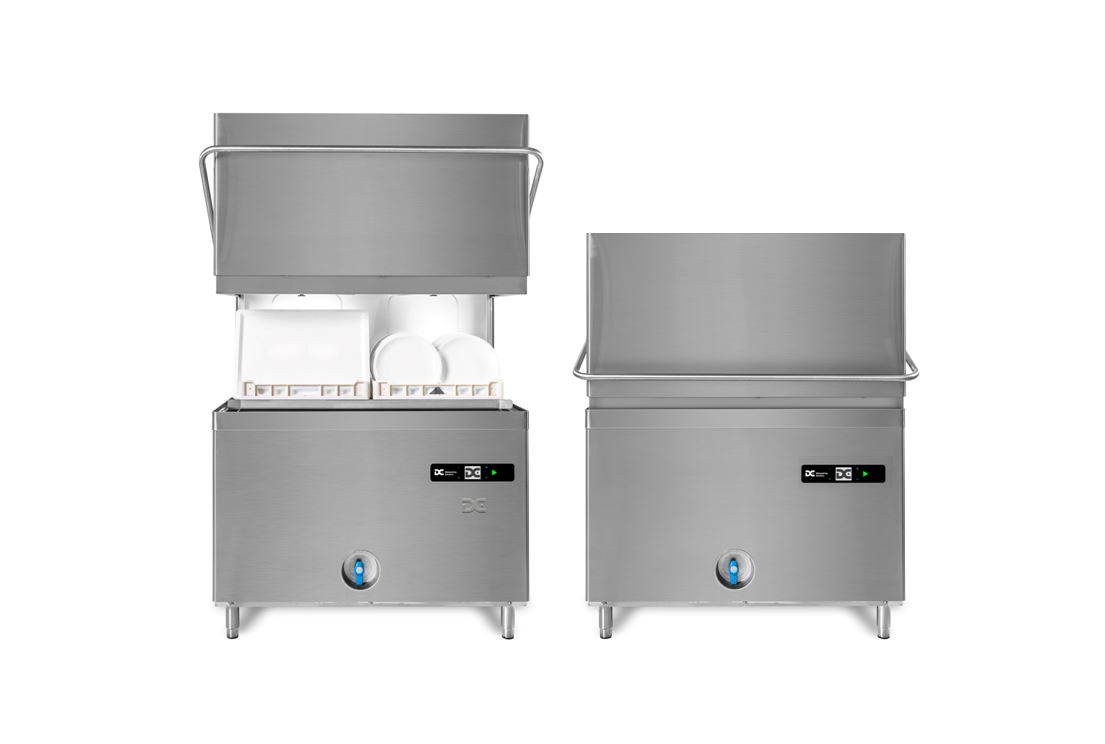SPRING CLEANExtract from B&I Catering article February 2017 |

|
| < Back |
Warewashers are the backbone of any foodservice business, so operators need to take purchasing and maintenance seriously. Ensuring that crockery, cutlery and glassware is hygienically clean is just as important as the food and drink served in B&I sites, so whether making an initial purchase or maintaining current equipment, warewashers are important pieces of kit. When it comes to making a purchase, there is far more to take into consideration than the cost. Operators need to look at their whole set-up, from tabling to water treatment and chemicals, in order to achieve the most efficient system possible. "As manufacturers respond to the market and customer demand by introducing new types of models of warewashers, the lines are becoming blurred in the traditional categorisation by type," says Bob Wood, director of DC Warewashing and Icemaking Systems.There now exists a double pass through washer that bridges the gap between a single-hood pass through and mini-rack conveyor. Thanks to its intelligent technology, this machine intuitively knows when only one of its two independent washing zones is needed putting the other zone on standby mode. "This drives down operating and energy costs, further enhancing cleaning performance while retaining the capacity for high through-put during times of peak demand," explains Wood. TOP TIPS - courtesy of DC Warewashing & Icemaking Systems The latest developments to look out for will not only help save money on electricity and water but also offer greener, more environmentally-friendly alternatives: ~ Look at a machine that offers a reduced water cycle consumption which produces the optimum balance between water usage and hygiene. Read full article in B&I Catering Magazine Feb 2017 issue ... |
Read Similar
Licence to Chill |
Let there be life! |
Kitted Out |
Clean Catering |




